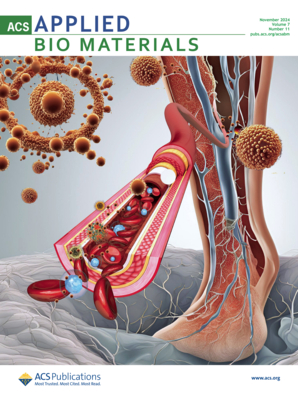Glycyrrhizic acid in the treatment of liver diseases: literature review.
Abstract
Glycyrrhizic acid (GA) is a triterpene glycoside found in the roots of licorice plants (Glycyrrhiza glabra). GA is the most important active ingredient in the licorice root, and possesses a wide range of pharmacological and biological activities. GA coupled with glycyrrhetinic acid and 18-beta-glycyrrhetic acid was developed in China or Japan as an anti-inflammatory, antiviral, and antiallergic drug for liver disease. This review summarizes the current biological activities of GA and its medical applications in liver diseases. The pharmacological actions of GA include inhibition of hepatic apoptosis and necrosis; anti-inflammatory and immune regulatory actions; antiviral effects; and antitumor effects. This paper will be a useful reference for physicians and biologists researching GA and will open the door to novel agents in drug discovery and development from Chinese herbs. With additional research, GA may be more widely used in the treatment of liver diseases or other conditions.





